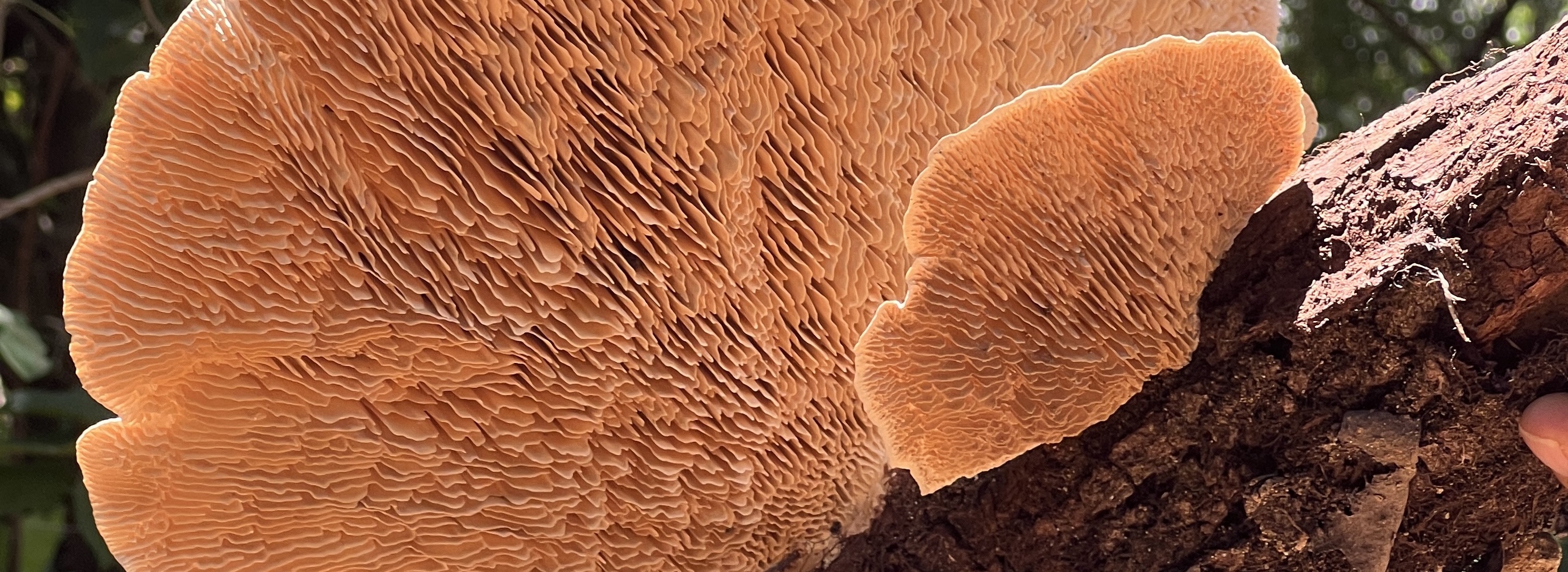
Monteverde Institute: Tropical Ecology and Conservation
Alternative Title
Variacion de llamados de Chlorospingus f. opthalmicus en bandadas mixtas y bandadas intra-específicas
Files
Download Full Text (597 KB)
Publication Date
December 2016
Abstract
The Common Chlorospingus (Chlorospingus flavopectus opthalmicus) is a common highland bird found from Mexico to Bolivia that travels and forages in mono- especific and mixed-species flocks. When foraging in mixed-species flocks, the Common Chlorospingus plays an integral role as a nuclear species and forages primarily for arthropods instead of fruit. The purpose of this study was to determine whether or not there is a difference between chlorospingus chip calls in mixed species versus single species flocks, and if there is then to explore why they exhibit this difference. I recorded the calls of C. ophtalmicus both in single species and in mixed species flocks and analyzed them using Raven Pro 5.1 sound analysis software. I found that the calls of the common chlorospingus in mixed-species flocks had lower high frequency, a smaller frequency range, and longer call duration than in single species flocks. These findings lean toward support of the Acoustic Adaptation Hypothesis, which states that animals can adjust their calls to best suit their environment. Chlorospingus in mixed flocks might lower their calls in order to increase sonic transmission, in response to denser vegetation when arthropod foraging, more background noise from other bird species, or increased flock size. The influence of these three factors on chlorospingus calls should be further studied to better understand the effect that different foraging strategies can have on C. ophtalmicus calls.
Resumen
Chlorospingus ophtalmicus es una ave común que habita en las montañas desde México hasta Bolivia. Esta especie usualmente forrajea en bandadas intra- específicas e inter-específicas, estas últimas conocidas como bandadas mixtas. Mientras forrajea en bandadas mixtas, C. ophtalmicus juega el papel de especie núcleo de la bandada y presenta cambios en su comportamiento habitual, por ejemplo forrajear en busca de artrópodos en vez de frutos. El propósito de este estudio fue determinar si existe una diferencia entre los llamados de esta especie cuando se encuentra en una bandada intra-específica y una bandada mixta, y en caso de existir una diferencia explorar las posibles causas de la misma. Grabé llamados de C. ophtalmicus mientras forrajeaban en bandadas intra-específicas y mixtas, y analucé los cantos utilizando el programa de análisis de audio Raven Pro 5.1. Encontré que los llamados de esta especie en bandadas mixtas presentaron menor frecuencia alta, menor rango de frecuencia y mayor duración de llamado que en bandadas intra-específicas. Estos resultados podrían sugerir que los llamados cambian en las bandadas mixtas para optimizar la transmisión del sonido en estratos con mayor densidad vegetal mientras forrajean por artrópodos. Otras posibilidades son que C. ophtalmicus cambie sus llamados en respuesta a los llamado de las otras especies dentro de la bandada o al tamaño de la bandada. La influencia de estas variables sobre los llamados de C. ophtalmicus deberían ser estudiados a futuro y así llegar a comprender mejor los efectos de diferentes tipos de forrajeo sobre los llamados.
Keywords
Birds--Behavior, Birds, Birdsongs, EAP Fall 2016
Palabras claves
Aves--Comportamiento, Aves, Canto de aves, EAP Otoño2016
Extent
11 pages
Geographic Location
Monteverde (Puntarenas, Costa Rica)
Holding Location
Monteverde Institute
Language
English; Spanish
Media Type
Articles
Format
Digital Only
Identifier
M39-00600
Type
Book
Recommended Citation
Fichmman, Jesse, "Call variation in mixed-species and single-species flocks of the common Chlorospingus in Monteverde, Costa Rica, December 2016" (2016). Monteverde Institute: Tropical Ecology and Conservation. 181.
https://digitalcommons.usf.edu/tropical_ecology/181


